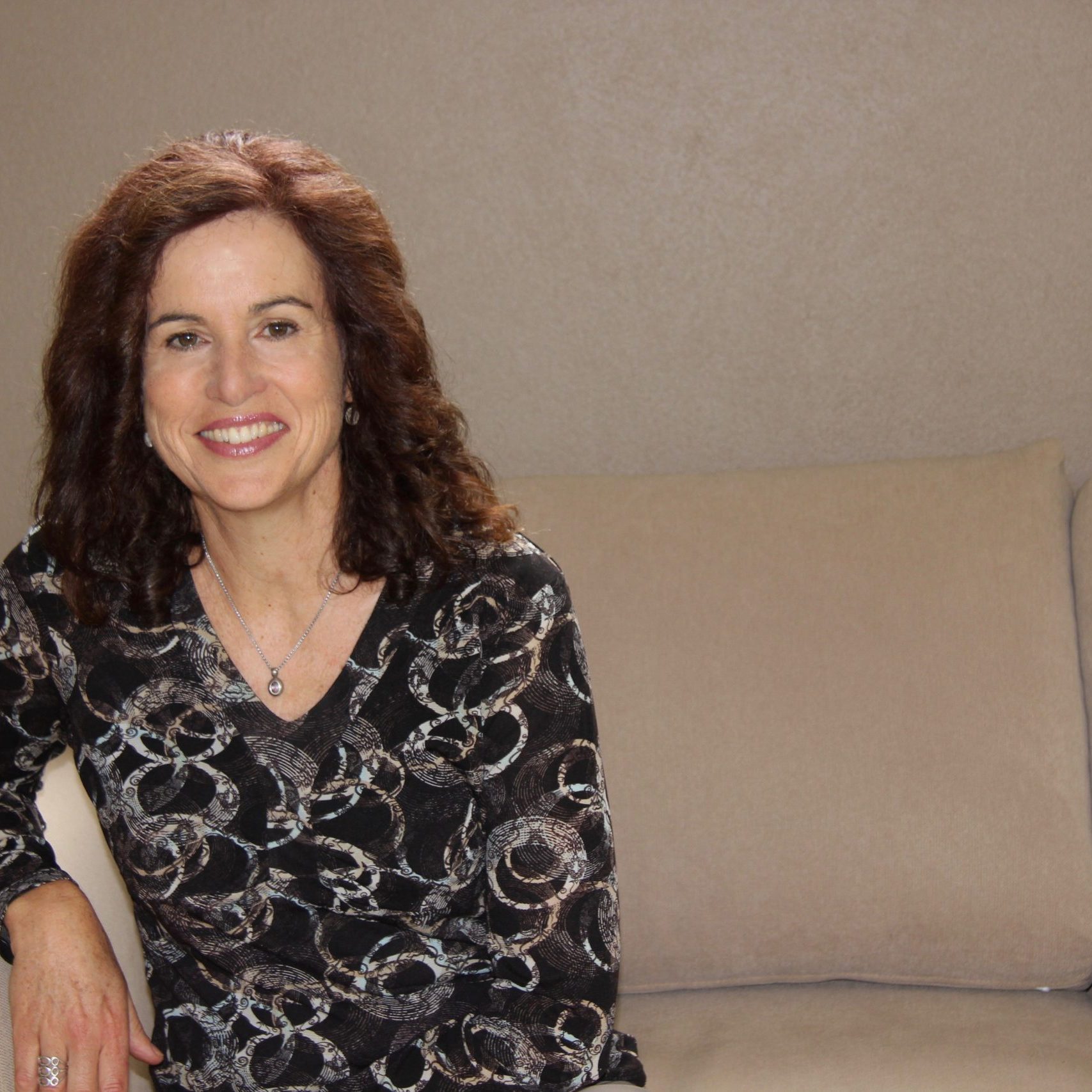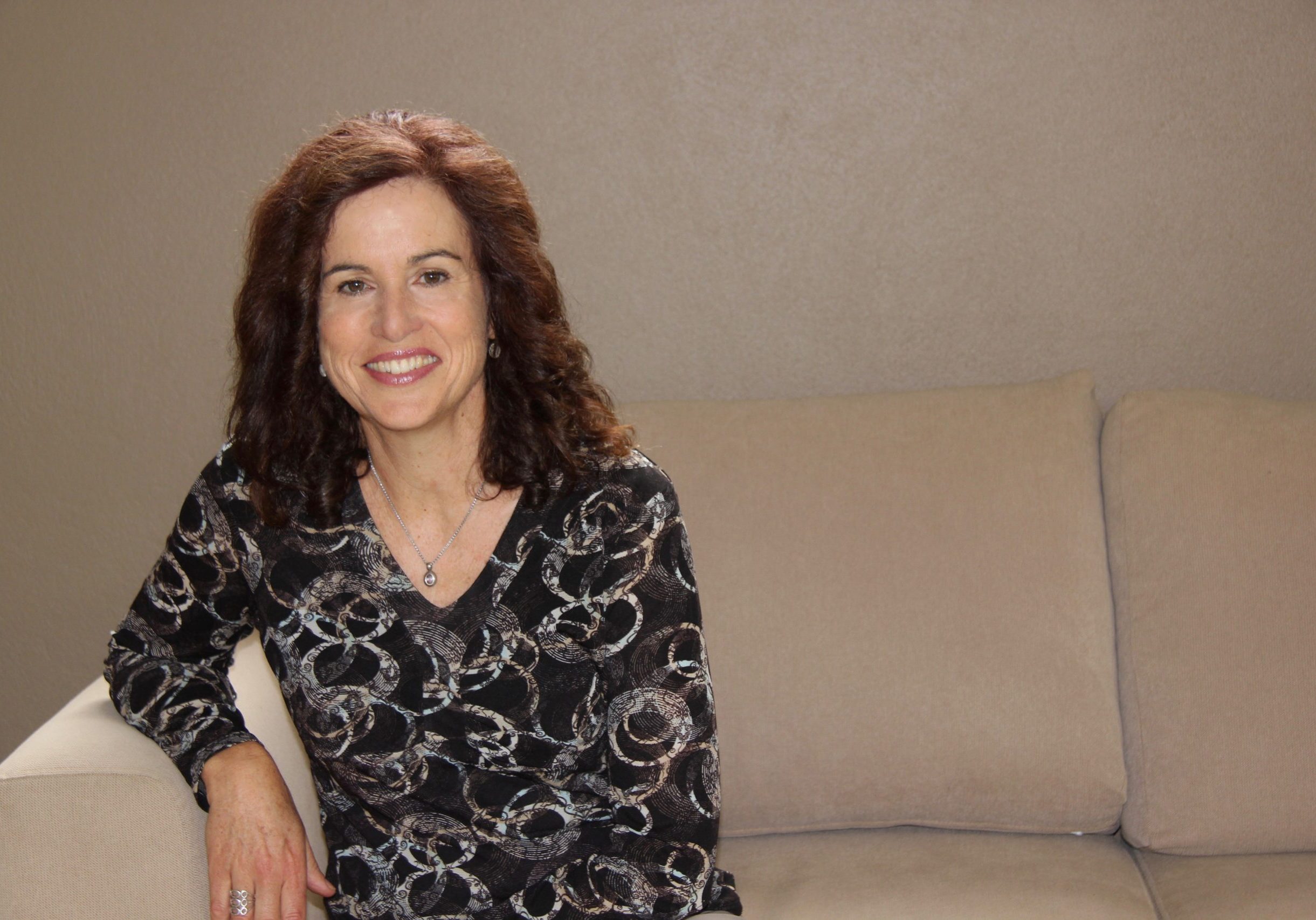Whats in your Cart?
Video Transcript
Today is World Orca Day—a day to celebrate these extraordinary marine mammals. Orcas are one of only three known species, along with humans and certain toothed whales, where females experience menopause. To talk about this unique similarity, we’re joined by Thea O’Connor, a menopause advocate who coined the term “The Orca Effect.”
Kelly: Good morning, Thea. How are you?
Thea: Good morning, Kelly. I’m really well, thank you—and happy World Orca Day!
Kelly: Same to you! Now, what do we know about the similarities between women and female orcas?
Thea: Well, just like women, female orcas stop reproducing around the age of 40–50, but they can live for another three decades beyond that. This is extremely rare in the animal kingdom—most species stop breeding and then die shortly after. The fact that orcas live so much longer suggests there’s a strong survival advantage.
When researchers tracked orca pods over many years, they found three consistent patterns:
- Females are more likely to lead the group than males.
- Post-menopausal females are more likely to lead than younger females.
- During tough times—when food is scarce—it’s the post-menopausal females who take the lead.
Their accumulated knowledge of where to find food ensures the survival of the entire pod. To me, this is a beautiful model of the true purpose of menopause—not an end, but a transition from breeding to leading.
Kelly: And you call this The Orca Effect. Can you explain that?
Thea: Yes. I coined the term to describe the shift that happens when we stop seeing menopause as a flaw or decline and start recognising it as a powerful new stage of life. Post-menopausal women bring wisdom, experience, perspective, and leadership. Just as orcas rely on their elder females to guide the pod, workplaces can thrive when they value and promote women at this life stage.
In my program, I see women completely transform their self-perception when they embrace this perspective. They realise they are an incredible resource for humanity, and this confidence often leads to better career trajectories. In fact, women who go through the program are twice as likely to say they can manage their symptoms while remaining successful at work. It’s not only empowering but also a great retention strategy for workplaces.
Kelly: How did you first come across this comparison between women and orcas?
Thea: I can’t remember exactly when, but one of the most influential sources was Susan Mattern’s book The Slow Moon Climbs: The Science, History, and Meaning of Menopause. It explores menopause across history and cultures, and includes this fascinating connection with orcas. It’s an excellent read for anyone who wants to dive deeper.
Kelly: That sounds fascinating. We’re out of time, but thank you so much for joining us today, Thea—and happy World Orca Day!
Thea: Thank you, Kelly. And to all the midlife women out there—embrace your inner orca and celebrate the strengths you bring to the world.
In this special World Orca Day edition of Menopause Monday, Thea O’Connor introduces The Orca Effect—a powerful perspective that reframes menopause as a time of leadership, wisdom, and strength. Drawing on research into orca pods, she explains how post-menopausal female whales play a vital role in guiding their groups, especially in tough times, thanks to their accumulated knowledge. Thea highlights the parallels for women in the workplace, showing how menopause is not a flaw or decline, but a natural design that allows women to step into leadership and influence.
Share this post:

Introducing, Thea O'Connor
Thea is a workplace wellbeing advisor, TEDx speaker, and national leader on menopause at work. She draws on her own qualitative research with working women, 30 years’ experience in health promotion, and a deep understanding of workplace culture to design practical, inclusive support. Known for tackling taboo topics with ease and insight, Thea helps organisations create healthier, more supportive environments—particularly for people navigating menopause.


